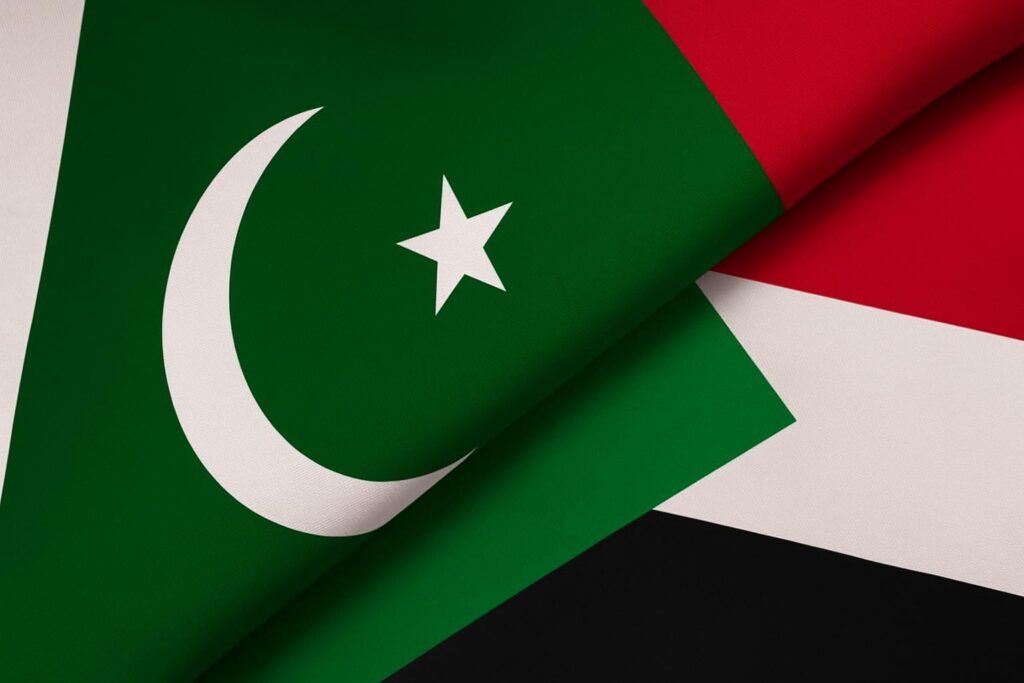Sudan-Pakistan Deal Reaches US$1.5 Billion
Khartoum confirmed that its Military Industry Corporation signed what insiders describe as a US$1.5 billion procurement package in Islamabad, sealed after meetings between Lieutenant General Pilot Al-Tahir Mohamed Al-Awad Al-Amin and Pakistan’s defense leadership (ProPakistani).
Jets, Drones and Air-Defense Assets
The order reportedly covers ten K-8 trainer-attack aircraft, several classes of unmanned aerial vehicles including Shahpar-2 and Ababeel-5, new engines for ageing MiG-21s, Mohafiz armored vehicles, and HQ-series surface-to-air missiles. Pakistani officials have not publicly disclosed delivery schedules.
Financing Puzzle Spurs Speculation
Regional analysts argue the cash-strapped Sudanese army is unlikely to self-fund such a package. Gulf sources hint at a third-party underwriter, possibly seeking strategic leverage in the Red Sea corridor, though no state has acknowledged backing the contract.
Timing Amid Intensifying Internal Conflict
The order lands as Sudan’s war against the Rapid Support Forces deepens. Observers interpret the purchase as a signal that Khartoum still prioritises battlefield dominance over negotiations, a stance the army publicly denies.
Ripple Effects Across African Security
Arms-control researchers warn that advanced drones could spill into neighbouring theatres, complicating mediation efforts led by the African Union. Yet some commentators note that modern surveillance platforms might also deter cross-border insurgent activity.
Expert Voices Call for Dialogue
“No weapons system is a substitute for political compromise,” says Addis Ababa-based security scholar Hana Tesfaye. Islamabad defense economist Faheem Qureshi counters that export deals “bolster Pakistan’s industry while offering partners affordable deterrence.”


